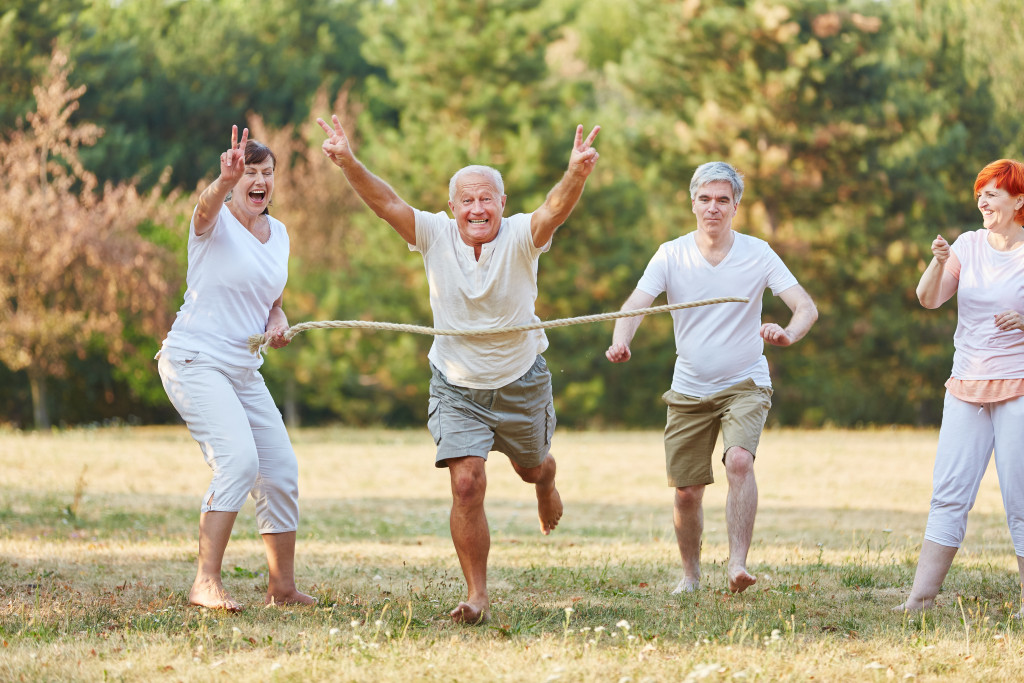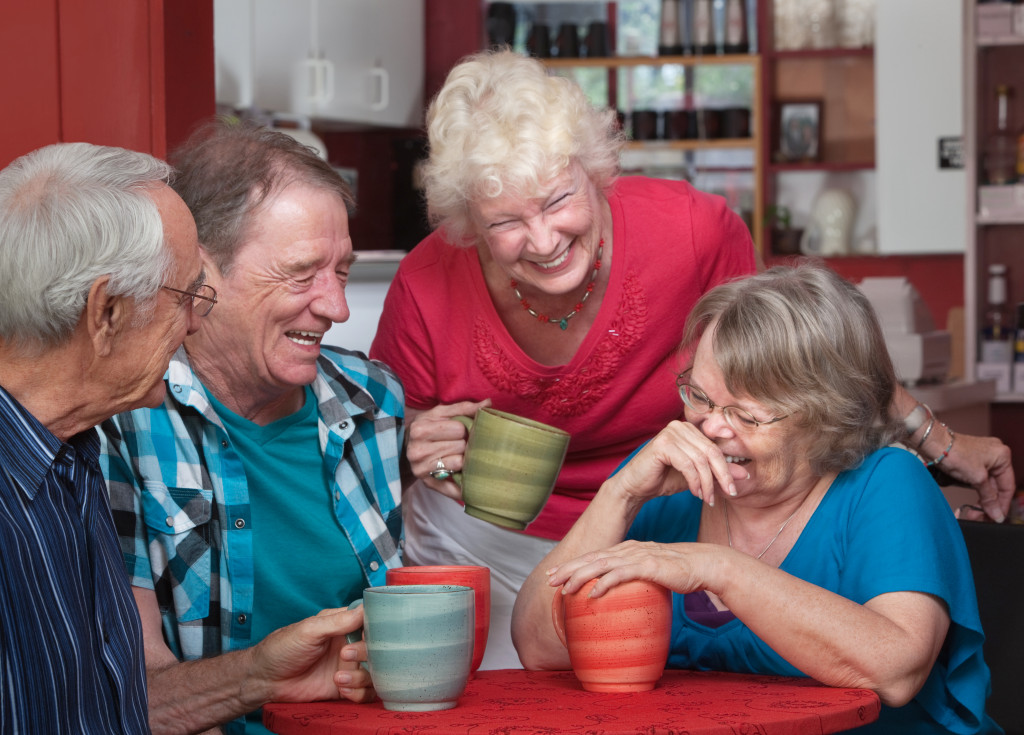- Be an active listener and ask questions to stay informed about their health.
- Offer assistance with errands like grocery shopping or picking up prescriptions.
- Visit seniors in their homes to check on them and offer home health services if needed.
- Volunteer at local senior centers or government facilities for seniors.
- Participate in intergenerational programs to provide companionship and support.
The elderly population is growing faster than ever before. As a result, it’s more important than ever before to ensure that they can remain healthy and independent while living in their own homes. Here are four simple ways you can support the elderly in your community and make sure they have the resources they need to stay safe, healthy, and happy.
1. Be an Active Listener
It’s easy to forget that older adults often feel isolated and lonely due to their physical limitations or lack of close family members nearby. Make an effort to be an active listener when you come across seniors in your community by asking questions about their lives and experiences. This is one of the simplest but most powerful ways to show that you care about them as individuals, not just another member of a large demographic group.
Listening to their stories and communicating lets you stay informed about their physical and mental health. They may be more likely to tell you if they feel unwell or cannot take care of themselves as quickly as before. This can help you provide them with the proper support and resources they need promptly.
2. Offer Assistance with Errands

Many older adults struggle to perform everyday tasks such as grocery shopping or picking up prescriptions due to their physical limitations or lack of access to transportation. If you know someone who needs assistance with errands, offer to help out whenever possible—you may be surprised at how much it means to them!
House visits
Visiting seniors in their own homes can help them feel less isolated and gives you a chance to check up on how they’re doing at home. It also allows you to check for any home maintenance issues or potential hazards that may need to be addressed. You may also want to offer home health services if required, such as help with personal hygiene, cooking meals, and light housekeeping. Professional services that offer reliable home health are designed to help the elderly stay in their homes and remain independent for as long as possible.
3. Volunteer at Local Senior Centers
Many communities have senior centers where older adults can gather for activities, meals, social interaction, and educational programs. Consider volunteering at your local senior centers as a way to give back and as an opportunity to learn from the wisdom and experience of those around you. Volunteering is also an excellent way for younger generations to connect with seniors meaningfully and bridge the generational gap between them.
Government facilities
Most government facilities for seniors offer vital services for the elderly, such as health care and mental health support. However, because these services are typically underfunded, the elderly may not have access to the resources they need. Consider volunteering at local government facilities to help ensure seniors in your community have the necessary services and support.
Private care centers
On the other hand, private care centers provide specialized services such as physical therapy, memory care, and dementia care that many seniors need to remain safe and healthy. Individuals in these centers are typically less independent than those in government-funded facilities, so that they may need more help with activities of daily living. Consider donating and volunteering your time at these care centers to help ensure the elderly have access to the best quality of care available.
4. Participate in Intergenerational Programs

You can also participate in intergenerational programs to gain insight into the lives of seniors while giving them companionship and support. Many areas offer these programs, which allow you and your family to spend time with seniors at their homes or at community events like picnics or holiday parties. Not only is this a great way to learn more about older generations, but it’s also a meaningful way to show that you care about them and are willing to support them.
These programs involve conversation circles, storytime, arts and crafts, field trips, and games. By providing the elderly with companionship, help with everyday tasks, and opportunities for connection and learning from one another, intergenerational programs can be an invaluable resource for seniors in the community. Furthermore, these programs help to bridge the generational gap and create a stronger bond between different age groups.
To Wrap Things Up
Taking the time to support the elderly in your community actively is a great way to ensure that they have access to the resources and companionship they need. By being an active listener, offering assistance with errands, volunteering at local senior centers, participating in intergenerational programs, and donating or volunteering your time at private care centers, you can make a meaningful difference in their lives. Your support and care can help to strengthen the bond between different generations, create a better living environment for seniors, and ensure that they have access to the quality of care they deserve.

